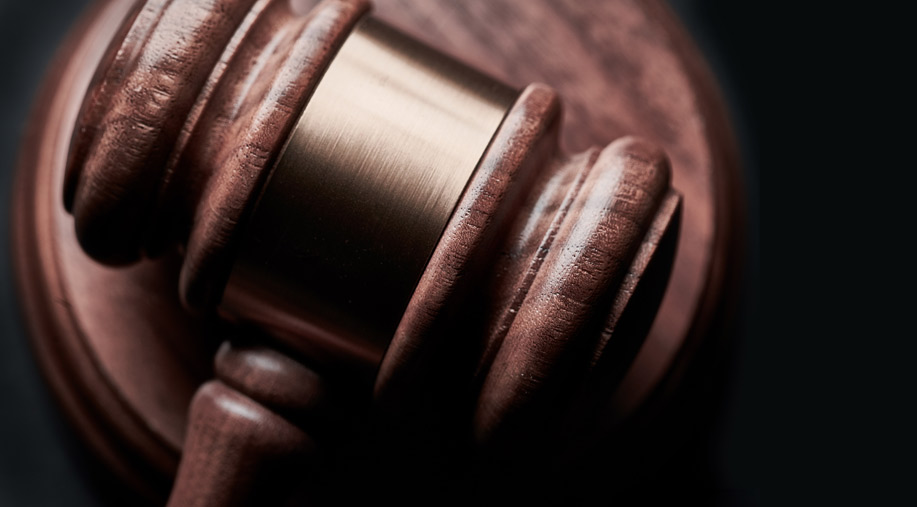Many know that laws are generally prohibited from restricting religious beliefs. But sometimes situations arise where religious beliefs are at odds with others laws that are not directly designed to interfere with religion.
The general rule is that when religious beliefs are at odds with a compelling government interest, the courts will defer to the government as long as the laws are narrowly tailored and “religion-neutral,” meaning they do not single out any one religion or belief.
Man Claims Religious Basis for Mushrooms and Marijuana Use is Protected by First Amendment
In State v. Cook, 2020-Ohio-432, Defendant posted pictures on Facebook of a gloved hand holding palm-sized suspected “Psilocyn” mushrooms. The post said: “I’m probably gonna catch a lot of sh** for this, but I’m doing this to prove a point because I have faith, and I understand my purpose.” The post went on to quote various bible verses.
At the time, he was on probation for an unrelated crime, subjecting him to warrantless searches. A parole officer saw the post and went to search his home. When they arrived, there was a sign that said: “Stop!! Do Not Enter!! Property of the Church of Life Protected Under the 1st Amendment. Servant of the Church only!!”
The officer found what he felt was a significant illegal mushroom manufacturing operation. The officers found mushrooms in various states of cultivation throughout the house and a dehydrator with drying mushrooms in the garage. The dehydrator contained a “warning” that it was “protected” under the First Amendment, as did the refrigerator, which stated “Do Not Enter!! Protected under the 1st Amendment & Religious Freedom Restoration Act 1993.” In addition to illegal mushrooms, Lieutenant Doe discovered marijuana in three separate locations in the residence.
He was charged with illegal manufacture of drugs and possession of marijuana.
Compelling State Interest in Regulating Use of Drugs Outweighs Religious Beliefs
The Court of Appeals found that when the First Amendment and other state laws are at odds, “when assuming that a defendant’s religious beliefs are sincerely held, and even assuming that the law restricts his practice, if there is compelling state interest like regulating the use of Schedule I controlled substances, then the law is constitutional.”
The court, then, found that the state’s interest in regulating drug use outweighed Defendant’s religious claim to using the mushrooms and marijuana.
This area of the criminal law and how it deals with constitutional rights is ever changing. If you have questions about whether you may face criminal charges relating to any beliefs or practices that you may follow, it may be necessary to contact an Ohio attorney who specializes in criminal and constitutional procedures.



